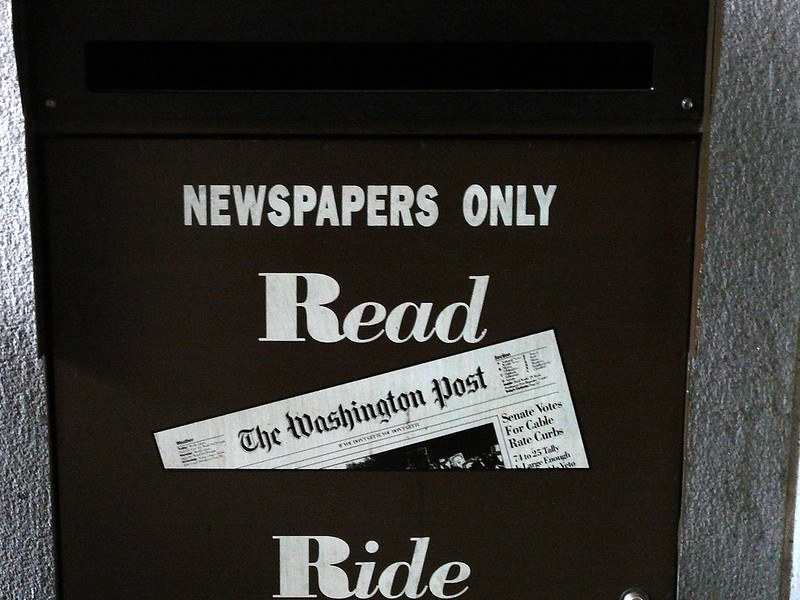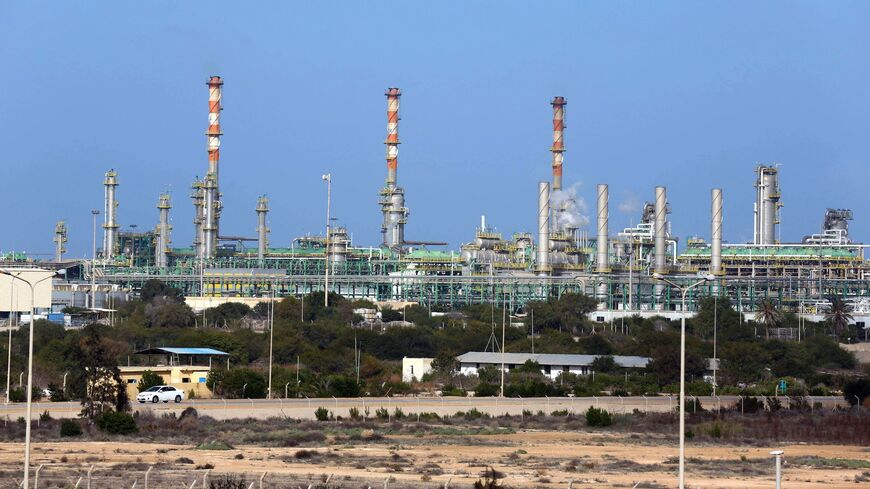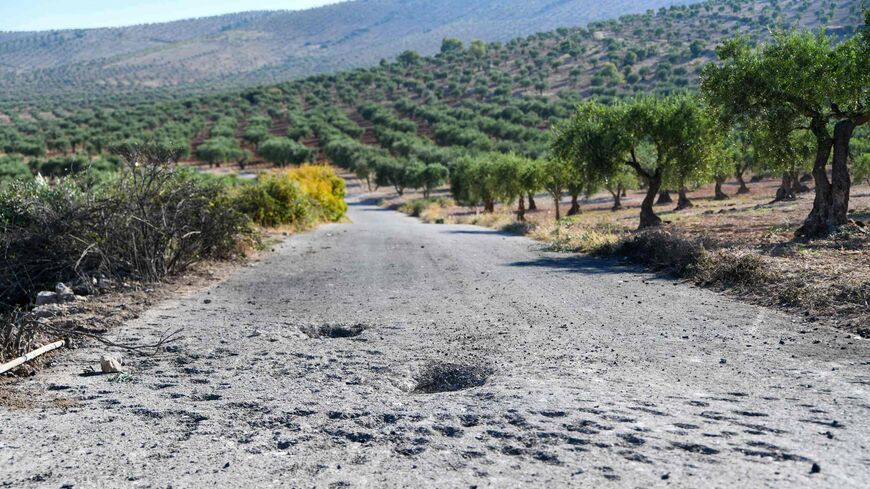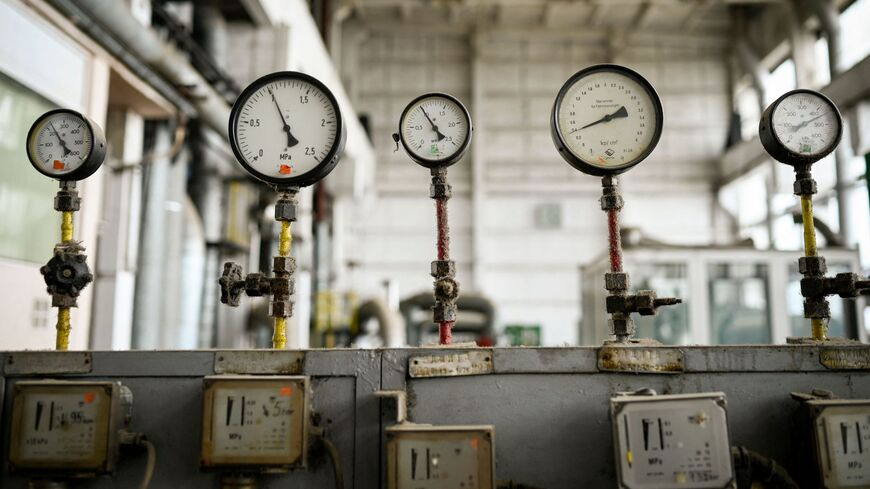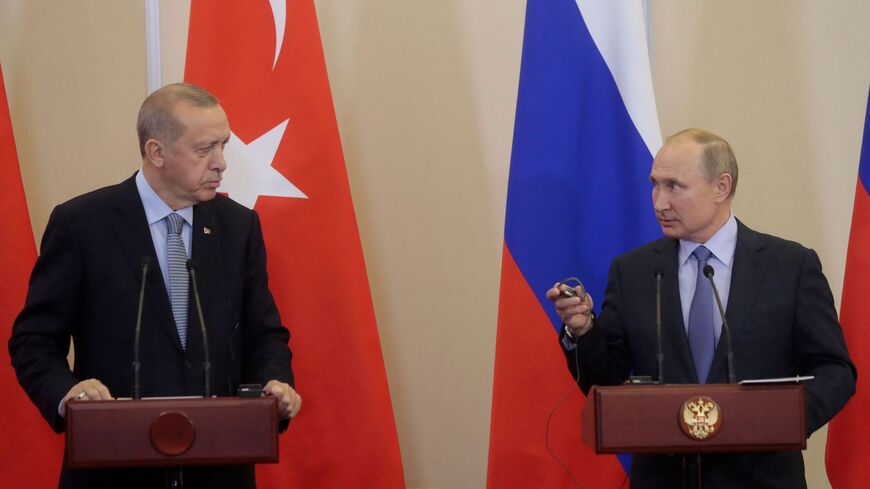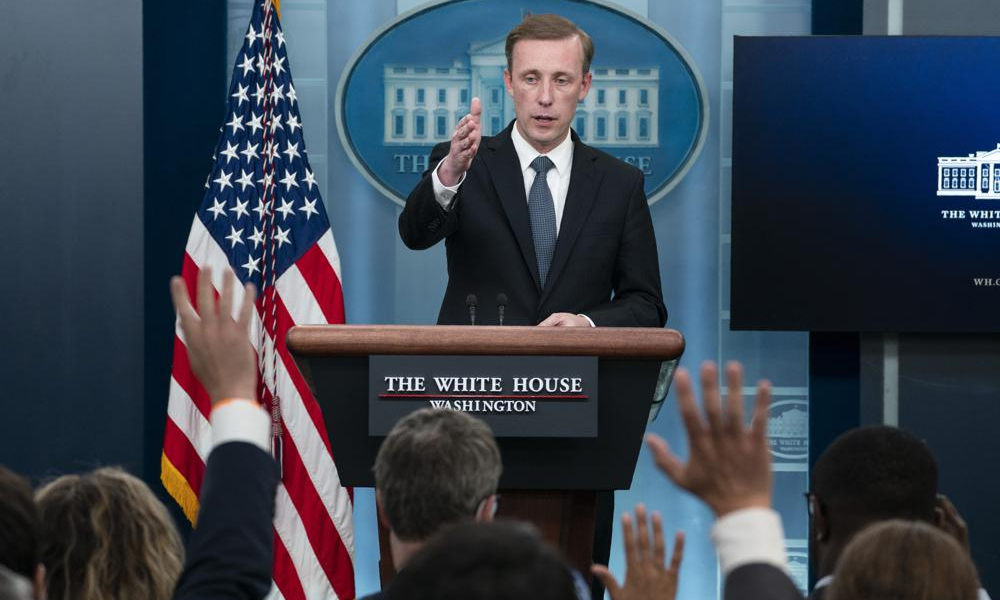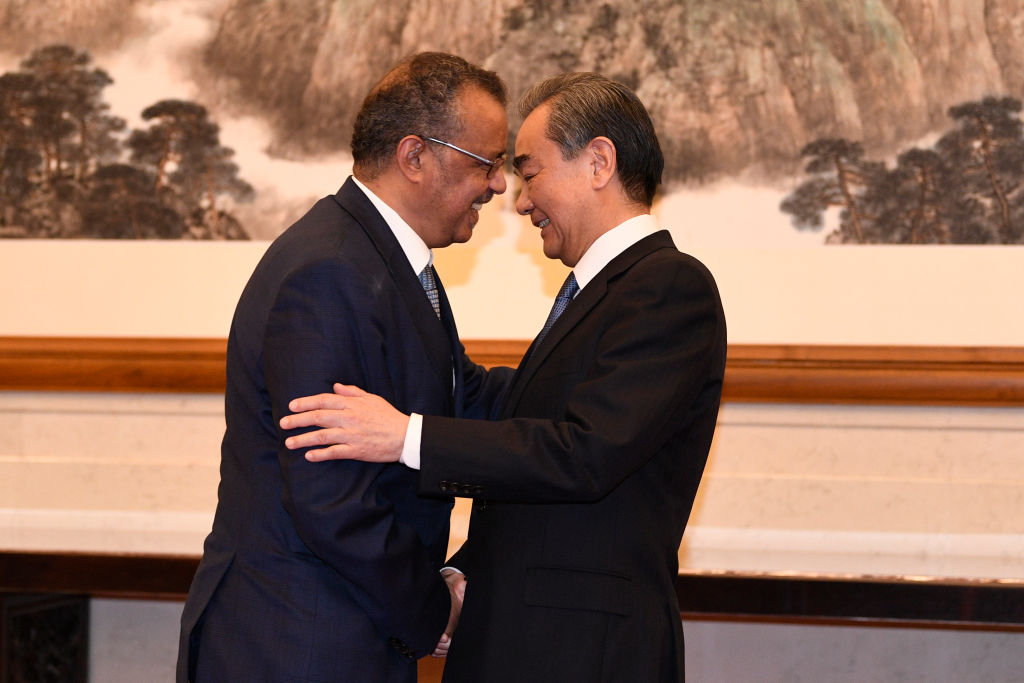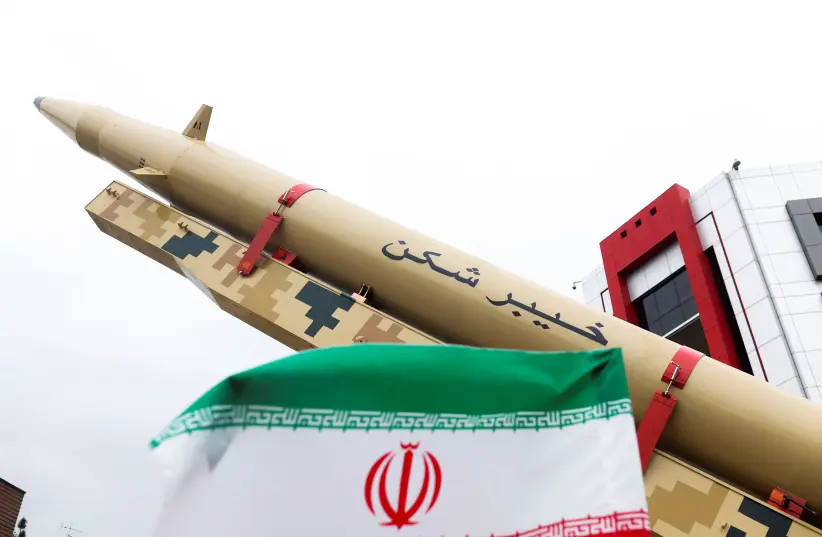Cuba Should Be Removed From the U.S. List of State Sponsors of Terrorism
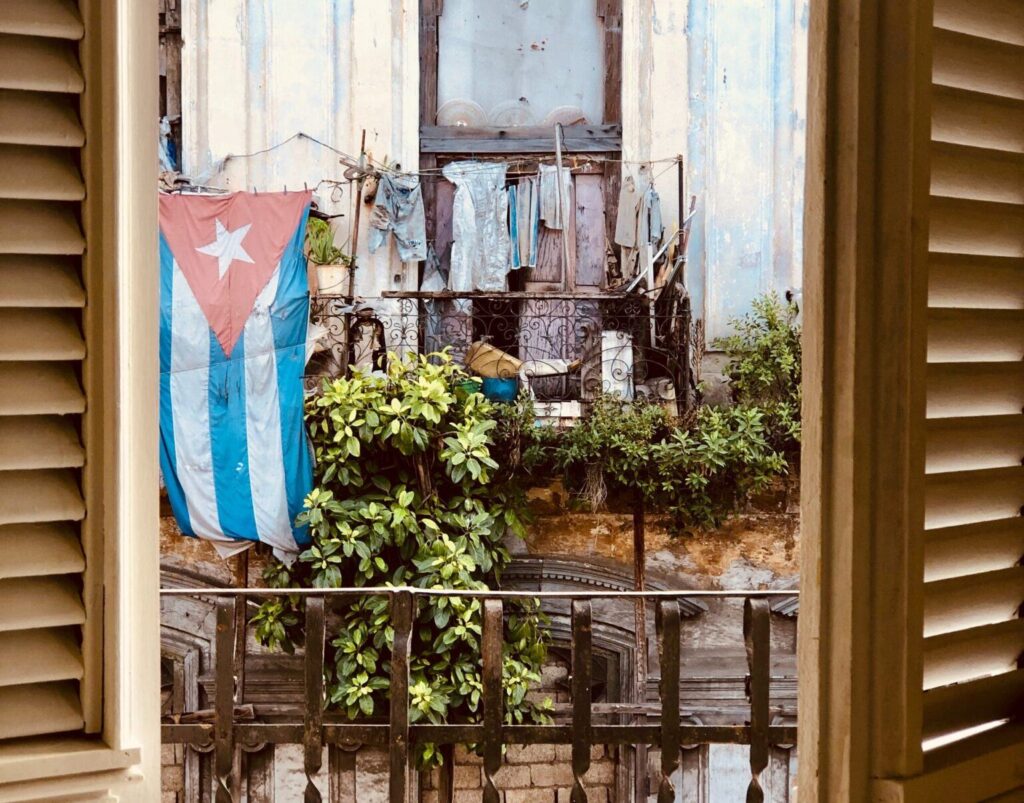
The United States maintains a list of countries that it considers as “state sponsors of terrorism.” There are currently four countries on that list: Cuba, North Korea, Iran and Syria. The basic idea behind this list is that the U.S. State Department determines that these countries have “provided support for acts of international terrorism.” Evidence about those “acts” are not provided by the U.S. government. For Cuba, there is not one shred of evidence that the government has offered any such support to terrorism activities, in fact, Cuba has—since 1959—been a victim of acts of terrorism by the United States, including an attempted invasion in 1961 (Bay of Pigs) and repeated assassination attempts against its leaders (638 times against Fidel Castro).

